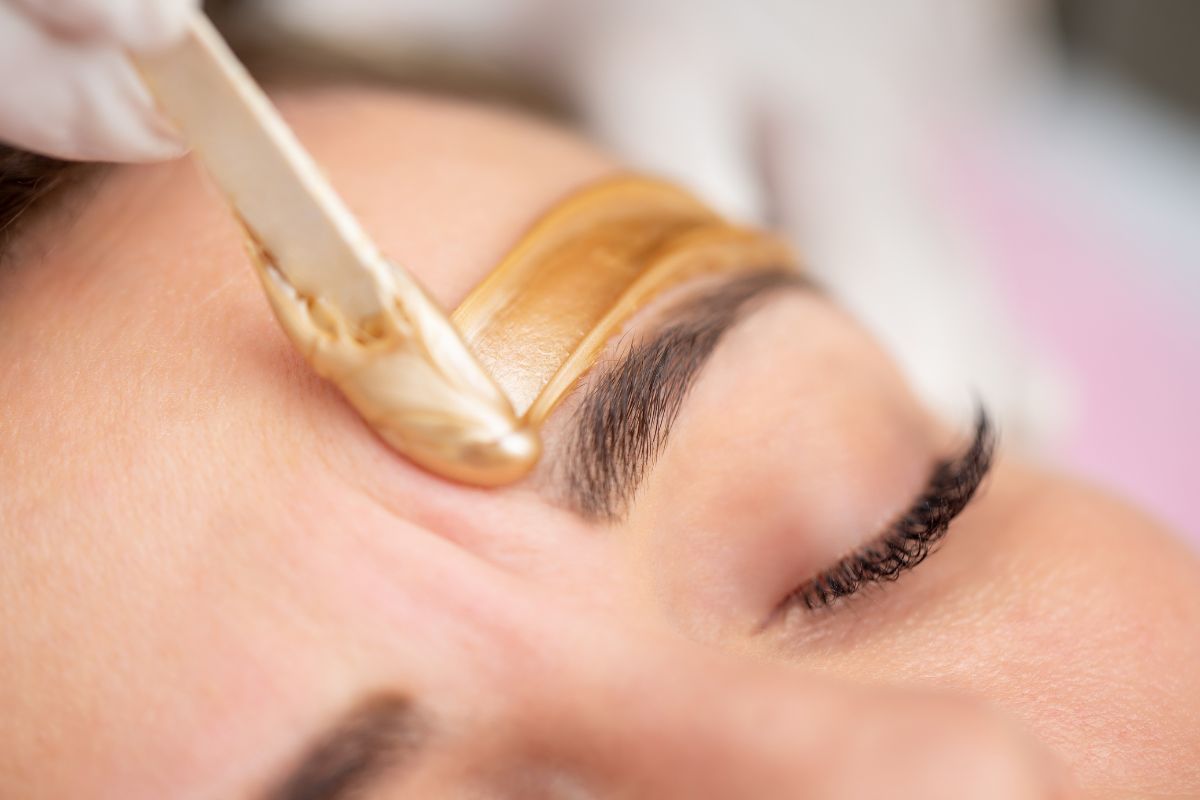The Truth About Homemade Skin Care You Should Know

Published July 21, 2025
Homemade skin care has become a popular trend for those looking to take control of their beauty routines, save money, or use natural alternatives to store-bought products. On the surface, it sounds like a win-win. After all, who wouldn’t love the idea of treating their skin with wholesome ingredients straight from the kitchen? While the concept has its merits, there’s more to the story than meets the eye.
This article will explore the benefits and potential downsides of homemade skin care, discuss safety and effectiveness, and highlight common mistakes DIY enthusiasts make.
What Makes Homemade Skin Care Stand Out?
Homemade skin care products often appeal to wellness enthusiasts and individuals looking for more control over what they put on their bodies. Sometimes, the lack of trust in companies using complex-sounding chemicals drives people to seek simpler alternatives.
Here’s why homemade skin care is so attractive to many people:
1. Transparency in Ingredients
When you create your own face masks, scrubs, or moisturizers, you know exactly what’s in them. There are no hidden preservatives, artificial fragrances, or hard-to-pronounce chemicals. This transparency provides peace of mind for anyone concerned about unnecessary fillers or irritants.
2. Customization
Homemade skin care allows you to tailor formulas to suit your skin’s unique needs. Oily skin? Add a touch of tea tree oil to your toner. Dry skin? Heap on the shea butter moisturizer you whipped up at home.
3. Cost Savings
Store-bought skin care, especially clean or organic brands, can be expensive. Creating your products at home using pantry staples like honey, olive oil, and oatmeal can often cost a fraction of what commercial products do.
4. Sustainability
DIY products often align with eco-conscious values. By making your own skin care, you skip the unnecessary packaging and waste associated with store-bought goods.
While these benefits are appealing, it’s essential to take a closer look at the risks and potential pitfalls.
Risks of Homemade Skin Care
Despite its charm, homemade skin care isn’t all sunshine and roses. Without proper knowledge or precautions, DIY solutions can backfire, leading to irritation, infection, or ineffective results.
1. Contamination and Spoilage
Many homemade products lack preservatives, making them a breeding ground for bacteria, yeast, and mold. For instance, a water-based toner without preservatives might develop harmful microbes within days. Applying such a product to your face could lead to skin infections.
Always refrigerate homemade skin care items and use them within a short timeframe to minimize these risks.
2. Irritation and Allergies
Ingredients like citrus juices, baking soda, and essential oils are frequently included in DIY recipes despite their potential to irritate or harm the skin. Lemon juice, for example, is a common suggestion for brightening the skin, but its acidic nature can disrupt your skin’s natural pH balance. Worse yet, it increases sensitivity to sunlight, leading to burns or hyperpigmentation.
3. Ineffectiveness
Homemade formulations often use ingredients that might feel nice but aren’t proven to target skin issues effectively. For example, using coconut oil to moisturize acne-prone skin might seem natural, but it could clog pores, worsening breakouts.
4. Lack of Stability
Commercial products go through rigorous testing to ensure stability and efficacy over time. On the other hand, DIY formulations don’t undergo such processes. A homemade serum might work well for a week, but it loses effectiveness quickly due to ingredient oxidation or separation.
Safety First! Tips for Safer Homemade Skin Care
If you’re determined to try your hand at homemade skin care, follow these safety tips:
- Start Small: Test any DIY product on a small patch of skin before applying it to your face. Common areas for patch testing include the inside of your wrist or behind your ear.
- Be Hygienic: Always work on sanitized surfaces, use clean tools, and store products in sterilized containers to minimize contamination.
- Use Recipes from Credible Sources: Stick to guidelines from dermatologists or reputable blogs. Ensure the recipes you follow are safe.
- Educate Yourself: Understand the science behind ingredients before incorporating them. Know which ones require dilution (like essential oils) and which to avoid entirely.
- Skip certain DIY products: Sunscreens and advanced anti-aging products require precise formulations to be effective. They’re best sourced from trusted manufacturers.

Professional Services Make a Difference
While it’s exciting to experiment with homemade remedies, professional services can give your skin the expert care it deserves.
Here’s what a professional touch can bring to the table:
1. Advanced Techniques
Estheticians use evidence-based methods, such as chemical peels, microdermabrasion, and facial treatments, to target specific concerns like aging, acne, or pigmentation. These services go beyond what a DIY routine can achieve.
2. Personalized Skin Care Plans
Licensed professionals analyze your skin type and condition to curate treatments and product recommendations tailored just for you. No homemade recipe can match this level of precision.
3. Safe Ingredients and Equipment
At professional establishments like Salon Suites Palm Beach, products used during treatments are safe, regulated, and clinically proven. Additionally, the tools employed are sanitized and designed to deliver amazing results without the risks associated with DIY experiments.
4. Relaxation and Wellness
Beyond the physical benefits, a trip to a professional salon offers a much-needed mental escape. There’s something undeniably soothing about leaving your skin in expert hands while you relax and recharge.
Whether you’re looking to complement your DIY routine or transition to a fully professional regimen, visiting a trusted salon can make all the difference.
Common Homemade Skin Care Mistakes
Even with the best intentions, it’s easy to make mistakes when venturing into DIY skin care. Learn what to avoid:
- Over-Exfoliation: Using harsh scrubs like sugar or salt can cause microtears in the skin, leading to irritation and redness.
- Layering Ingredients Improperly: Certain combinations, like citrus juice followed by oil, can trap acidity on your skin, causing a pH imbalance.
- Skipping SPF: No matter how natural your routine, sunscreen should always be a non-negotiable step to protect against UV damage.
- Overusing Essential Oils: These concentrated plant extracts can do more harm than good if not diluted properly.
Striking the Right Balance
Homemade skin care can offer charm and benefits when done safely and with the right knowledge. However, it’s equally vital to understand its limitations. Combining thoughtful DIY efforts with professional treatments from trusted experts at Salon Suites Palm Beach is a fantastic way to achieve radiant, healthy skin.
Why choose one or the other? A balanced approach allows you to enjoy the creative expression of homemade remedies while leveraging the expertise of professionals for long-term skin health.
Your Next Steps
- Experiment responsibly with simple, single-use DIY recipes.
- Schedule a professional consultation to supercharge your skin care routine.
Because your skin deserves the best, sometimes it’s worth trusting the pros.
Lease Salon Space In Royal Palm Beach Florida
Fulfill your dreams and be your own boss when you lease salon space in Palm Beach Florida with us. Our beautiful salon spaces come with complimentary laundry and cleaning services and a flexible lease agreement you can afford. Our salon suites come with many amenities including free cleaning service, televisions, storage space, and more. Contact us now to book a tour or learn more.

Fact Checked By Experts
Our team of internal experts diligently fact-checked this content to ensure accuracy and reliability. Find detailed information about the rigorous editorial standards we uphold for our website.

About The Author
Meet Rei Bayucca: a versatile and seasoned writer who has ventured through diverse fields. With a passion for producing insightful and meticulously-crafted pieces, she aims to promote enlightenment and engagement among her readers.




